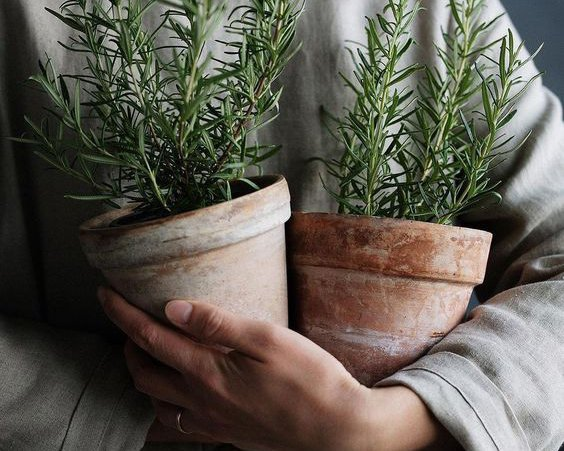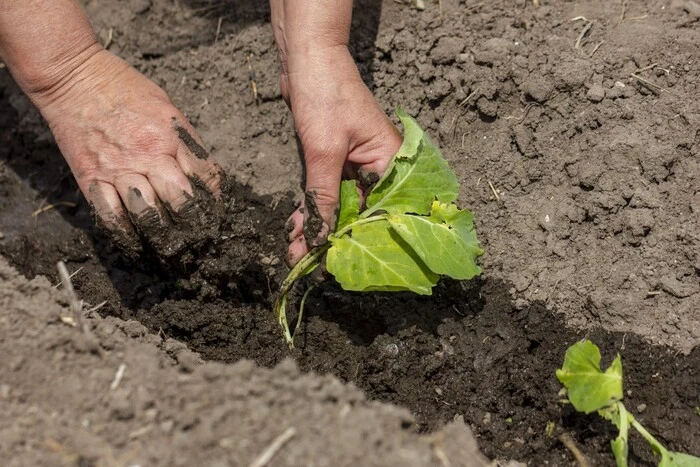Five golden rules for caring for houseplants in winter.


Take care of houseplants during the cold
During the cold, it's important to take care of houseplants. They are very sensitive to low temperatures outside.
Usually, plants that need the most sunlight are placed on the windowsill. But if possible, move them as far away from the window as possible so that the leaves do not touch the cold surface of the glass. This will prevent leaf damage from the cold, writes leafscapedesigns.
Additionally, it’s a good idea to find a new spot for your plant under a lamp or overhead lighting, as the shortening of daylight hours might mean it doesn’t get as much light as it's used to.
If your plants have suffered from the cold, black spots may appear on their leaves. Just remove all damaged leaves and don't worry too much: the plant can still recover from this.
Expect changes
Plants, like a bear going into hibernation, take a break from growth in winter. This is because the light is enough only for maintenance but not for growth. And don't be scared if a few yellow leaves appear on your green plant — some species thin out their leaves on their own to prepare for winter.
All you need to do is to provide enough light and proper watering.
Take a break from feeding
If you like to fertilize your plants, it’s not worth doing it in winter. Fertilizers are most beneficial in summer when the plant is under sunlight for a long Time and is at the peak of its growth. But in winter, with the short day, the plant will not have time to use these nutrients. So it’s better to stop applying fertilizers until spring.
Extra humidity
To make the rooms warmer, you can use additional heaters, but any heating dries out the air in your home. And cool, dry air can adversely affect your houseplants.
You can help them by moving them to rooms with higher humidity, such as the bathroom or kitchen. Or you can invest in a humidifier.
Houseplants need special care during the winter period.
During this time, they enter a dormant period. They will grow more slowly and will require a change in watering regime.
Houseplants usually grow in the spring and summer months, but in autumn and winter, growth slows down or stops altogether.
Read also
- Vasyl Shklyar does not travel far from home for the sake of his cat. A touching story of the writer
- Drivers are told how to prevent summer tires from quickly wearing out
- Lunar planting calendar for June 2025: period of intensive growth in the garden and on the farm
- The most famous stork couple Odarka and Grytsyk have welcomed chicks
- From apartment to hotel: a new trend among Generation Z in China
- Today is the day of the spring equinox: prohibitions, traditions, and folk signs










